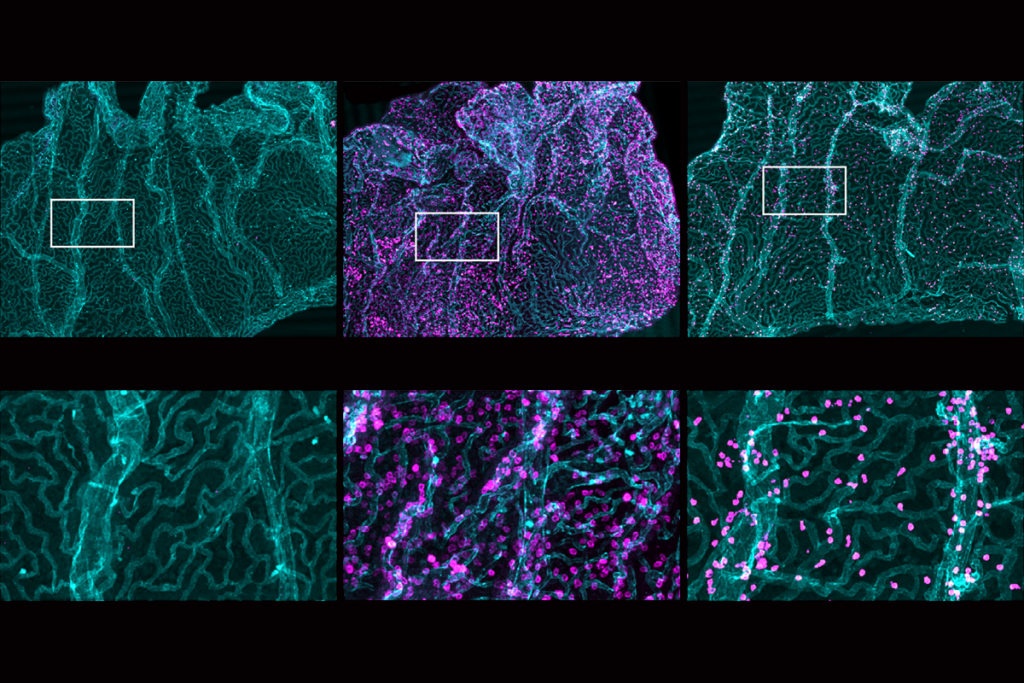Shreya Saxena is assistant professor of biomedical engineering and an investigator at the Center for Neurocomputation and Machine Intelligence at Yale University’s Wu Tsai Neurosciences Institute. She is broadly interested in the neural control of complex, coordinated behavior.
She was previously assistant professor of electrical and computer engineering at the University of Florida. During her postdoctoral research at the Center for Theoretical Neuroscience at Columbia University’s Zuckerman Mind Brain Behavior Institute, she developed machine-learning methods for interpretable modeling of neural and behavioral data.
Saxena earned her Ph.D. in electrical engineering and computer science at the Massachusetts Institute of Technology, studying performance limitations in sensorimotor control. She earned an M.S. in biomedical engineering at Johns Hopkins University and a B.S. in mechanical engineering at the École Polytechnique Fédérale de Lausanne. She is a 2025 Alfred P. Sloan fellow and was a Massachusetts Institute of Technology “Rising Star” in both electrical engineering (2019) and biomedical engineering (2018).

